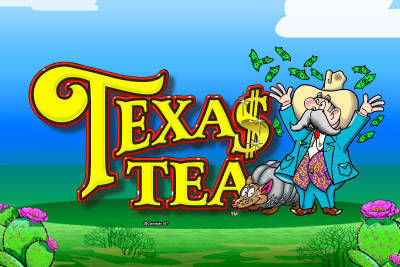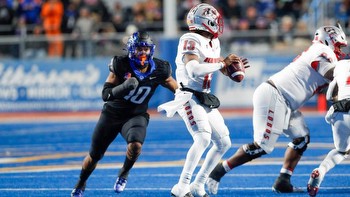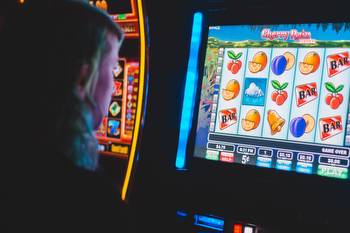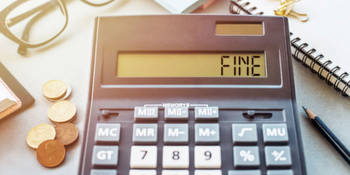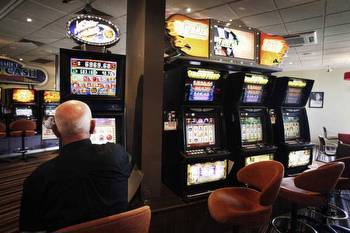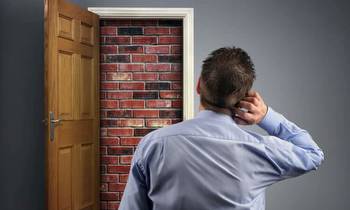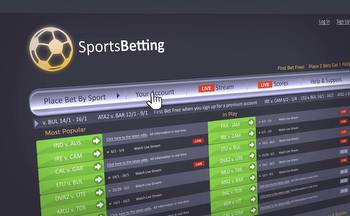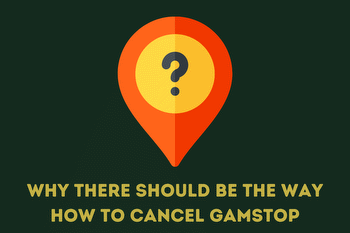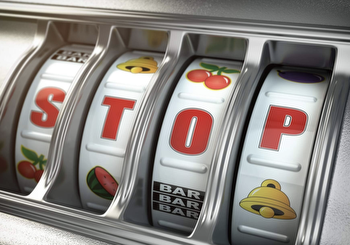Greek Gambling Regulator Considers Major Changes
After it recently banned live streaming platform Kick over its stance on gambling content, the Hellenic Gaming Commission (EEEP) is getting ready for a series of changes regarding the way Greek casinos are operated.
Among them, we can mention the creation of a national self-exclusion register for players looking to take some time off gambling, along with the introduction of individual player cards, and education and training programs for casino staff members.
One of the main proposals refers to the self-exclusion register that would be managed by the EEEP. The regulator would be obliged to collect specific information regarding banned players, including the duration of their ban along with the identity of the licensee that received the ban request.
If it would be given the green light and passed into law, the fresh regulations would enable players to select their preferred duration of the self-exclusion period, ranging from seven days to 10 months.
A lift would only be possible at the end of the chosen time period and it would require an explicit ban lift request from the player who submitted the self-exclusion request.
The same draft also includes the idea that all licensed casinos should have a live studio for live dealer gaming operations. Operators would also have to install specialized gear in these live studios.
Individual player cards could also be created in order to allow players to take part in brick-and-mortar casino games while connected to their online player accounts.
Licensed casinos might also be forced to provide specialized training on the contents of the country’s gambling regulations via a series of education and training programs supervised by training managers.
On request, the latter would also have to offer the required information regarding their education and training programs to EEEP.
Additional proposals were aimed at a number of optimization procedures, including the introduction of a mandatory financial security reserve and the use of more visible notifications regarding casinos’ opening hours.
The proposals included in the draft law are up for debate until September 15. If approved by members of the Greek gambling market, the measures will be put into practice by the Ministry of National Economy and Finance.
Last week, the country’s gambling regulator awarded Soft2Bet a seven-year business-to-business A1 type of license, thus complementing its development plans for the future.
Last May, Greece announced it would raise the €2 ($2.14) cap set on online wagers while also increasing the value of maximum slots Jackpot.







